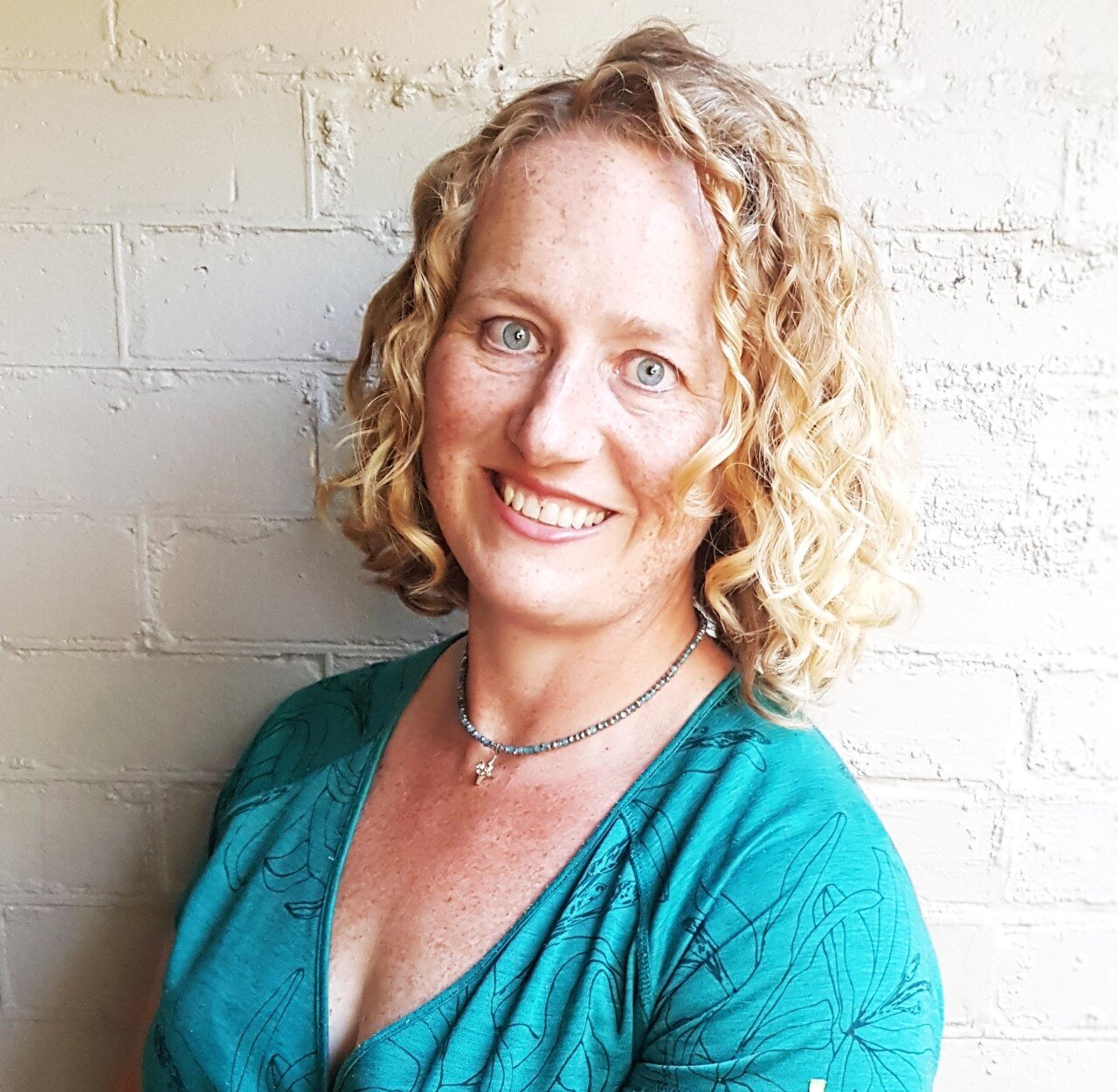The CDM Outreach and Education portfolio leads the Centre’s strategic approach to school partnerships and public engagement programs. The vision is to share the excitement and benefits of Australia’s hunt for dark matter to inspire and train a new generation of innovative thinkers.
OUTREACH and Education PROGRAM CONTACT
The Centre’s outreach and education program includes the following activities:
-
A core component of our education program is the development of long-term engagements with regional schools across our node states. The goal is to meet with students at all year levels over multiple years at select regional and rural schools to increase diversity in science by creating more pathways for student engagement. It also provides the opportunity to bring the Centre's ECRs into the classroom to meet with large groups of students. We have developed interactive lessons and piloted these curriculum-aligned education activities at Stawell Secondary College in Victoria, home of SUPL. This program has expanded to schools across Victoria and New South Wales.
The Centre also collaborates with the Melbourne Graduate School of Education to study the impact of these contemporary physics lessons on students’ science belonging.
This program also offers opportunities for Year 12 students from our partner schools to take on year-long research projects in conjunction with our universities under the mentorship of CDM PhD students and early career researchers. -
One of the best ways to build student enthusiasm for learning science and, especially, Physics is to ensure teachers are well-supported to introduce exciting, contemporary topics such as Dark Matter into their classrooms. Providing teacher professional development workshops broadens the reach of the Centre’s outreach goals, by training the trainer. If teachers are supported with science content knowledge, curriculum-aligned lessons, and targeted activities, they can share their new understanding with students over many years. This philosophy has been at the core of the CDM outreach program since its inception and each year we continue to build the CDM’s education program for teachers.
We target local, state, Australia-wide, and international science teacher conferences to deliver workshops on how teachers can incorporate Dark Matter topics into their classrooms. We also aim to publish articles in teaching journals to more broadly dispense these resources to educators. -
CDM serves as the Australian host organisation for the International Particle Physics Outreach Group (IPPOG). IPPOG, headquartered at CERN, recently celebrated its 25th anniversary and is the preeminent international organisation of professionals and scientists focused on particle physics outreach. IPPOG has two yearly meetings, in which representatives from around the world gather to learn about best practices in physics outreach, share success stories from their home countries and labs, meet in working groups to advance projects such as physics masterclasses, and create new collaborations for future projects.
CDM partners with international research organisations such as CERN and INFN. These collaborations provide opportunities for the outreach teams to connect and co-develop new outreach programs to the benefit of all groups.
-
The National Quantum & Dark Matter Road Trip (www.qdmroadtrip.org) is an initiative, developed in conjunction with National Science Week and EQUS. CDM and EQUS members visit regional and remote schools across Australia over two to three-week road trips. Road trippers also enjoyed the opportunity to inspire a new generation of scientists living in rural and remote parts of Australia. In addition to school visits, the road trip offers pop-up events including public talks, pub trivia, demonstrations and a workshop held in capital cities across the country as part of the road trip.
The road trip allows our early career researchers opportunities to be interviewed for print and radio media and practice their science communication skills with new participants being trained and mentored by experienced participants and the CDM Media Officer.
-
In addition to public lectures that formed part of broader events during National Science Week and as part of the National Quantum & Dark Matter Road Trip, Centre members regularly give public lectures across the country. Events such as Physics in the Pub and Pint of Science allow centre members opportunities to present their science talks in casual settings.
-
In our annual high school art competition, students used what they learnt from the web and visits to their schools by the Centre to create unique and original artworks, representing their interpretation of a dark matter particle. Competition winners received a certificate and gift voucher from the Centre.
We strive to foster partnerships with arts organisations to build connections between arts and science. For example, the DARK MATTERS exhibition was a collaboration between the Science Gallery Melbourne, Arts at CERN and the CDM. The exhibition aimed to explore the fundamental essence of life and the universe, and how so much of it remains a mystery to us.
-
National Science Week is a national initiative in August each year and provides the CDM with an opportunity to deliver a variety of activities to engage the general public in Dark Matter Science. In addition to the National QUantum and Dark Matter Road Trip, the Centre also offers public lectures in support of the initiative.
Dark Matter Day is a day in which science organisations worldwide involved with Dark Matter offer local activities to bring the excitement and mystery of Dark Matter research to the public.





